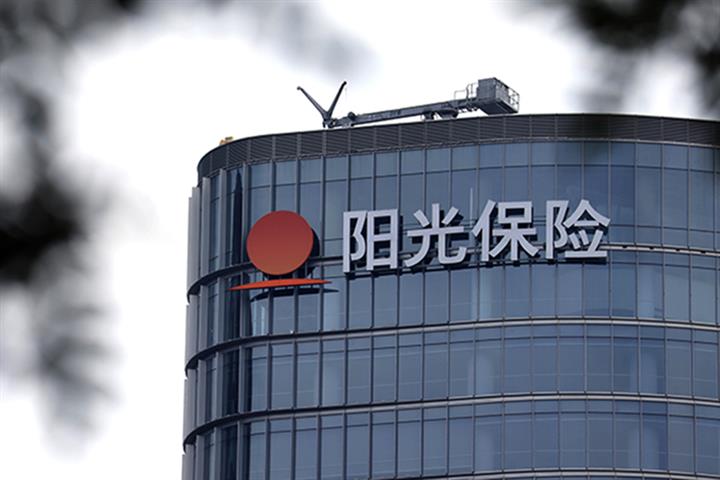 Sunshine Completes China's 10th Insurer IPO With Tamed USD821.7 Million
Sunshine Completes China's 10th Insurer IPO With Tamed USD821.7 Million(Yicai Global) Dec. 9 -- China's Sunshine Insurance Group became the 10th Chinese insurer to go public as the state-backed firm ended its first trading day flat on the Hong Kong Stock Exchange with a lower-than-expected share sale of HKD6.4 billion (USD821.7 million).
Sunshine [HKG: 6963], which counts several state-owned giants as its shareholders, finished the first day unchanged at HKD5.83 (75 US cents) after sliding as much as 5.5 percent intraday.
The property and life insurer is predicted to have raised HKD6.4 billion via the initial public offering, lower than the earlier estimate ranging from HKD6.7 billion to HKD7.4 billion, the Shenzhen-based firm said in a statement yesterday. Fewer than 1,900 individual investors subscribed to the share issuance.
The lackluster demand is likely to have been caused by downturns in investor sentiment and trading, Securities Times reported, citing a Hong Kong-based investment banking insider. But in this year’s market environment, a smooth public offering of shares is already a success, the person added.
The Hong Kong market has indeed been sluggish this year as the Hang Seng Index has slumped by about 30 percent.
Sunshine has renowned shareholders, including China Petroleum & Chemical, China Southern Airlines, Sinotrans, Aluminum Corp. of China, and Guangdong Electric Power Development. The firm has no single actual controller, per the prospectus.
Founded in 2005, Sunshine became profitable within two years. During the first three quarters of this year, the firm's insurance premiums totaled around CNY85.8 billion (USD12.4 billion), rising by 10 percent year-over-year, according to public data. But its net profit narrowed by 14 percent to CNY3.6 billion (USD520.6 million). In 2021, the group's annual net profit tallied CNY5.9 billion, up by CNY800 million (USD115.1 million) from 2019, per the prospectus.
Sunshine relies on sales collaboration with banks. In the first half, bank channels contributed more than 70 percent of all premium revenue in the life insurance segment, up from 54.6 percent in 2019.
Editor: Emmi Laine, Xiao Yi